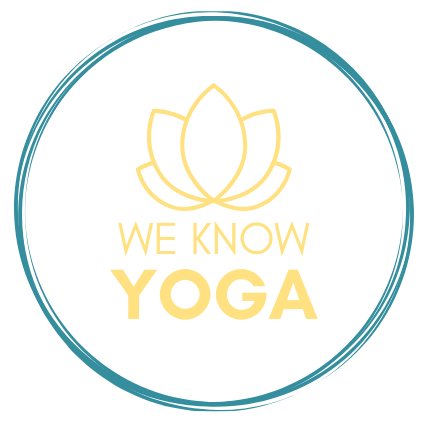Health, in general, can be stressful. Safety, uncertainty, illness—times like these can be a strain on mental and physical health. This is true for all of us, but especially true for essential workers and front-line responders. There tends to be a great deal of stress and trauma on people at the highest risk for getting sick.
Are you an essential worker? A medical employee or first responder? If you don’t take the time to care for yourself during high-stress encounters, you will find it hard to care for others. Here are six mental health and self-care resources that are easy to try and effective if you stick with them.
Check in With Yourself
Look for the signs and symptoms of depression or stress disorder. Prolonged sadness, trouble sleeping, intrusive memories and/or feelings of hopelessness are all signs that something deeper is happening. Talk to someone you trust, like a friend, colleague, pastor or supervisor. Seeking the help of a professional can make a major impact—and many cases only require a few visits. Journaling about your feelings each day is a good way to process what’s happening and keep track of your stress.
Get a Massage (Or a Massager)
Many people who work long shifts, especially while standing, can find themselves in a lot of pain at the end of the day. And those who usually take a stiff drink after a stressful day might find themselves having more and more drinks. Get mental and physical relief with a regular massage. If you are uncomfortable being in close proximity, there are many home massagers that can be just as relaxing and invigorating as a day at the spa.
Listen to Music
Whether you are listening to mindful music while you make your rounds or relaxing with your favorite song as you gaze up at the stars, music can be a powerful internal reset. Music relaxes our bodies, slows our brain waves, moves our bodies and inspires us to feel hopeful. Music can set the tone at the start of the day or help you wind down after a long one.
Take a Yoga Class
Whether in-person or virtual, spending 30-60 minutes on your mat a few times a week can do wonders for your mental and physical flexibility. You can go to a studio that specializes in restorative yoga or yoga nidra, which will guide you into a meditative state. You can also try these classes and more at home, with the help of online yoga subscriptions like Glo, YogiApproved, or Gaia.
Practice Kindness and Compassion
Explore ways to show kindness and compassion, especially for yourself. Showing yourself compassion will help you stay kind and calm during high-stress situations. You can use apps and other technology to bring more heart into your day. You can also practice a loving kindness meditation each day to help reframe your mind. Focus each day on an intention that helps build compassion, like being a better listener or reserving judgement on others.
Take 15
Make sure to take 15 minutes for yourself daily. This is easiest to achieve if you plan it out and schedule it on your calendar. Take your dog for a walk in the morning. Sit outside and read a book for lunch. Get a good sweat with a few sprints or a fast jog. Enjoy a warm cup of tea or a long hot bath. Do something simple for yourself that takes you away from your day for a bit. It doesn’t have to be a complex experience— but it does have to become a habit. So whatever you choose, make sure it is something you can commit to.
Taking time out for yourself on a regular basis isn’t a selfish thing to do. It actually helps you stay more satisfied in a high-stress or caregiving role. If you are facing extra strain during these uncertain times, try out one of these easy ways to stay healthy and whole.
